I’m a Dermatologist and I Never Use These 6 Products in Cold Weather
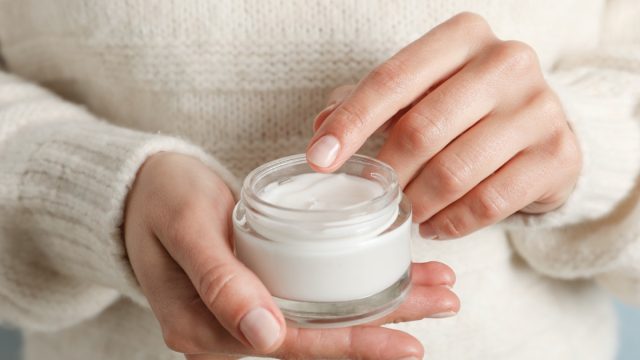
As colder weather rolls in, many of us are making changes beyond just turning up the heat. That includes moving our winter wardrobe into the closet and switching up how we style our hair. But there’s another area you may need to consider making adjustments to right now: your skin. Lower temperatures and dry air can create a troublesome environment for your exterior, especially if you’re not taking steps to protect it. To help you figure out a plan, we talked to three dermatologists to determine what they would avoid for their skin in the winter. Read on to discover the six products they say they would never use in cold weather.
RELATED: I’m a Hair Stylist and These Are the Products I Would Never Use in Cold Weather.
1
Alcohol-based toners
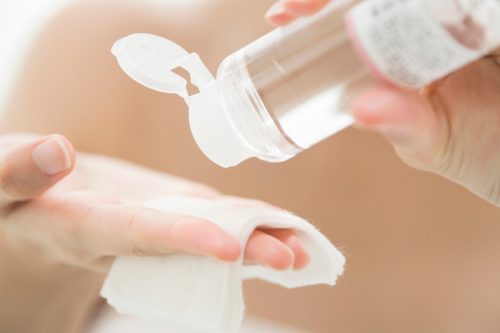
One of the worst things about the winter weather is the colder and drier air. This doesn’t only make us feel more uncomfortable, but also creates a “higher risk for moisture to evaporate from the skin,” according to Mamina Turegano, MD, a triple board-certified dermatologist and popular TikTok influencer.
“When the skin loses more water or moisture, it becomes more dry and irritated,” Turegano explains. “During the winter months, I would minimize products that could further dry out or irritate the skin, like alcohol-based toners.”
2
Oil-based cleansers
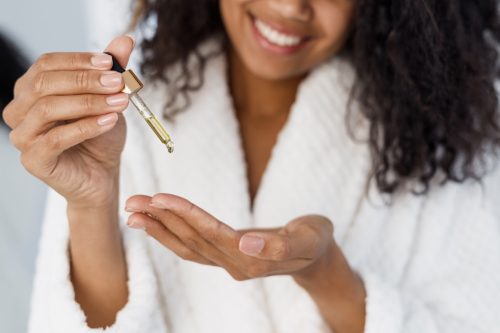
If you already have dry or sensitive skin, oil-based cleansers “might not be the best choice in colder weather” either, Navin Arora, DO, dermatologist and founder of Borealis Dermatology, tells Best Life.
“While effective in removing makeup and impurities, these cleansers can strip away natural oils, leading to further dryness,” he says. “Opting for gentler, hydrating cleansers that don’t overly dry the skin is preferable.”
RELATED: 6 Fixes for Dry Skin If You’re Over 60, According to Dermatologists and Beauty Experts.
3
Harsh exfoliants
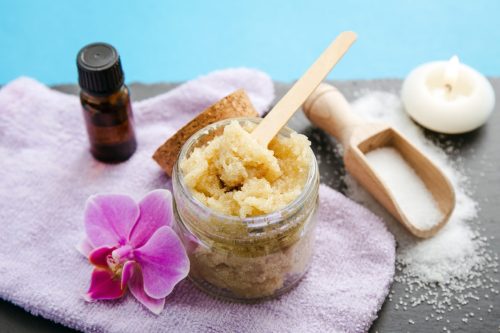
Most experts agree that exfoliation is necessary for your skincare. But Valerie Aparovich, biochemist and certified cosmetologist-aesthetician at OnSkin, warns that it should be “done gently and in moderation, especially during the winter season.”
That’s why Aparovich says harsh exfoliants that contain larger scrubbing particles are a no-no during this time.
“These induce friction against the skin which can result in a disrupted hydrolipid barrier and skin’s decreased defensive functions, cause irritation and dryness, and make the skin more inflammation-prone and sensitive to external irritants,” she explains. “In the cold season, give preference to gentle cleansing pastes or enzyme peels.”
4
Lip glosses that don’t contain oils
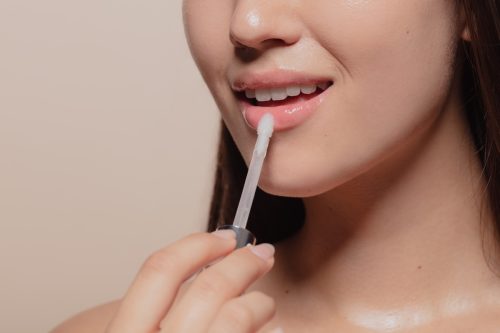
The skin on your lips is some of the most delicate on your body. This means it is “especially sensitive to adverse weather changes, so it requires ample moisturizing to stay healthy and well-groomed,” according to Aparovich.
In the winter, she recommends gravitating toward lip products that include nourishing oils to help moisturize your lips and lock in hydration instead of ones that don’t contain oils.
“Lip glosses formulated with high water content and little to no natural oils fail to provide the lips with care they need in colder seasons that leads to peeling and cracking and results in chapped lips,” Aparovich warns.
RELATED: Jane Fonda Swears by This One Drugstore Product for Glowing Skin at 84.
5
Lightweight moisturizers
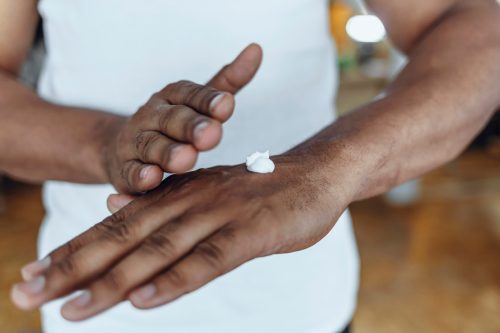
Many people favor lighter moisturizers during the summer because of the increased humidity. But as colder weather moves in, you should leave these products behind because they “might not provide enough hydration and protection against dryness and wind,” according to Arora.
“Switching from lightweight moisturizers to richer, more emollient moisturizers containing ingredients like hyaluronic acid, glycerin, or ceramides can better combat dryness and prevent moisture loss,” he shares.
6
Moisturizers with certain ingredients
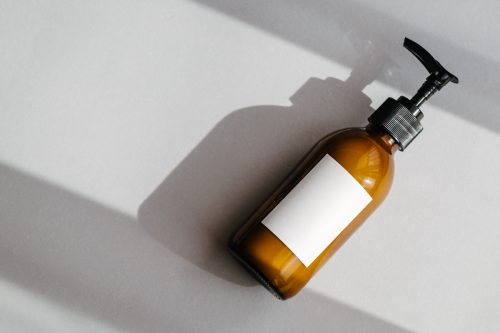
But if you have more oily or combination type skin, you should also be cautious about the type of heavier moisturizer you use. Many of the “thicker, denser-textured, oil-based creams that are preferable in the winter” may contain ingredients with a high rate of comedogenic ingredients, according to Aparovich.
“The comedogenicity rate indicates the risk of a particular substance clogging pores,” she explains. “It especially matters for oily and combination skin characterized by excessive sebum production and proneness to blackheads and acne breakouts.”
Aparovich tells Best Life that some of the most commonly used comedogenic ingredients people should watch out for are theobroma cacao (cacao), seed oil, cocos nucifera (coconut) oil, theobroma cacao (cocoa) seed butter, cocos nucifera seed butter, isopropyl myristate, isopropyl linoleate, isopropyl isostearate, isopropyl palmitate, myristyl lactate, and myristyl myristate.
For more skincare advice delivered straight to your inbox, sign up for our daily newsletter.